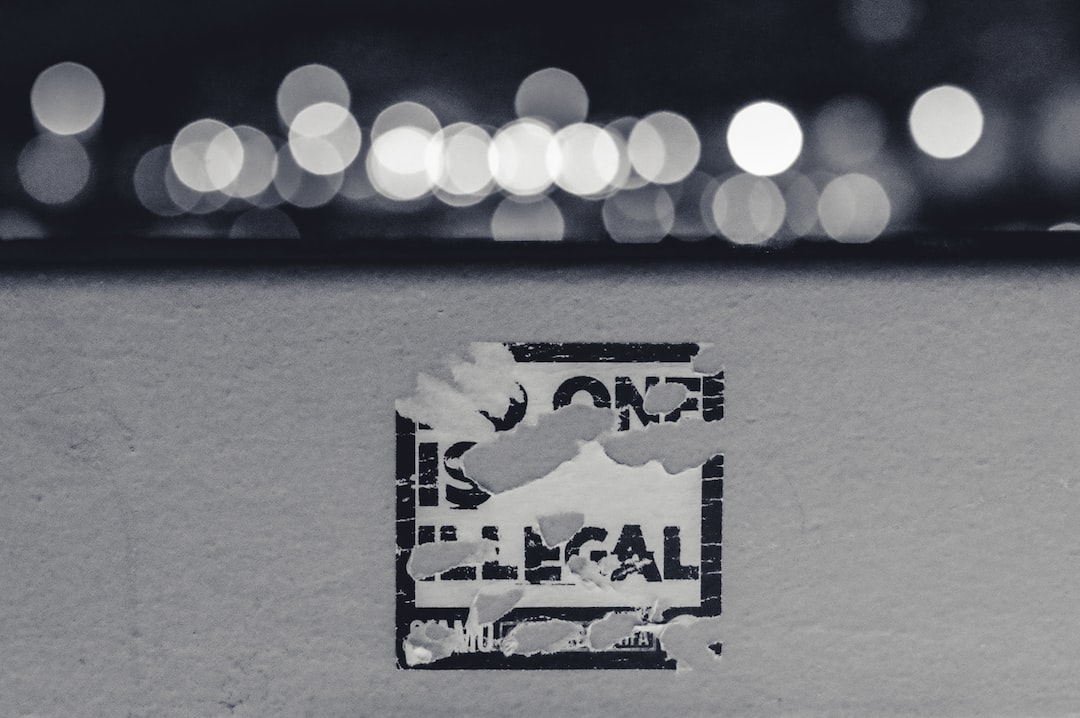Drug Possession Charges: Legal Consequences and Rehabilitation Options
Drug possession is a serious offense that can have severe legal consequences. In many countries, including the United States, possessing drugs for personal use is considered to be a criminal offense. The legal consequences vary depending on the jurisdiction and the drug involved, but regardless of these factors, it is essential to understand the potential ramifications and explore rehabilitation options.
Legal Consequences:
Drug possession charges can result in significant legal repercussions. The severity of the charges typically depends on the type and quantity of drugs involved, the intent behind possession, prior criminal history, and the jurisdiction in which the offense occurs. Here are a few examples of potential legal consequences:
Criminal Record: A drug possession conviction can result in a criminal record, which can have a lasting impact on various aspects of a person’s life. Future job prospects, educational opportunities, and even immigration status can all be affected by a criminal record.
Probation: Probation may be imposed as an alternative to incarceration. During this period, the individual must comply with strict conditions set by the court, such as drug testing, mandatory therapy sessions, community service, and regular reporting to a probation officer. Violating probation terms can result in additional legal consequences.
Fines: Fines are a common consequence of drug possession charges. The amount required to be paid can range from a few hundred dollars to thousands, depending on the drug and the jurisdiction.
Imprisonment: Individuals convicted of drug possession can face incarceration as a punishment. The duration of imprisonment depends on several factors, including the jurisdiction’s sentencing guidelines, the amount and type of drug possessed, and any prior convictions. Jail time may range from a few days to several years.
Rehabilitation Options:
While facing legal consequences is undoubtedly challenging, it is essential to remember that individuals dealing with drug possession charges also have rehabilitation options available to them. Here are a few rehabilitation avenues individuals can explore:
1. Substance Abuse Counseling: Engaging in substance abuse counseling can be an effective way to address underlying issues contributing to drug possession. Through individual or group therapy sessions, individuals can uncover the root causes of their addiction, develop coping mechanisms, and gain valuable insights into strategies for maintaining a drug-free lifestyle.
2. Inpatient Rehabilitation Programs: Inpatient rehabilitation programs provide a structured, immersive environment for individuals looking to recover from drug addiction. These programs offer intensive therapy, counseling, and medical support, often lasting for 30 days or more. Inpatient programs can provide a safe space for individuals to focus on their recovery without outside distractions or triggers.
3. Outpatient Rehabilitation Programs: Outpatient programs offer flexibility and allow individuals to receive support while living at home. These programs provide counseling, therapy, and other support services while allowing participants to continue their day-to-day responsibilities. Outpatient programs can vary in intensity and duration, offering different levels of support depending on each individual’s needs.
4. Narcotics Anonymous (NA): NA is a global support group that follows the 12-step program, adapted from Alcoholics Anonymous (AA). It provides a supportive and understanding community of individuals struggling with drug addiction. By attending NA meetings and working through the steps, individuals can find support, guidance, and accountability in maintaining their sobriety.
Conclusion:
Drug possession charges can lead to severe legal consequences, including criminal records, fines, probation, and imprisonment. However, it is crucial to remember that rehabilitation options are available to help individuals successfully recover from addiction. Engaging in substance abuse counseling, considering inpatient or outpatient rehabilitation programs, and participating in support groups like Narcotics Anonymous are all viable paths for individuals looking to rehabilitate themselves and move towards a healthier, drug-free future. By seeking help and taking appropriate steps towards recovery, individuals can not only experience personal growth but also navigate the legal consequences of drug possession more effectively.

